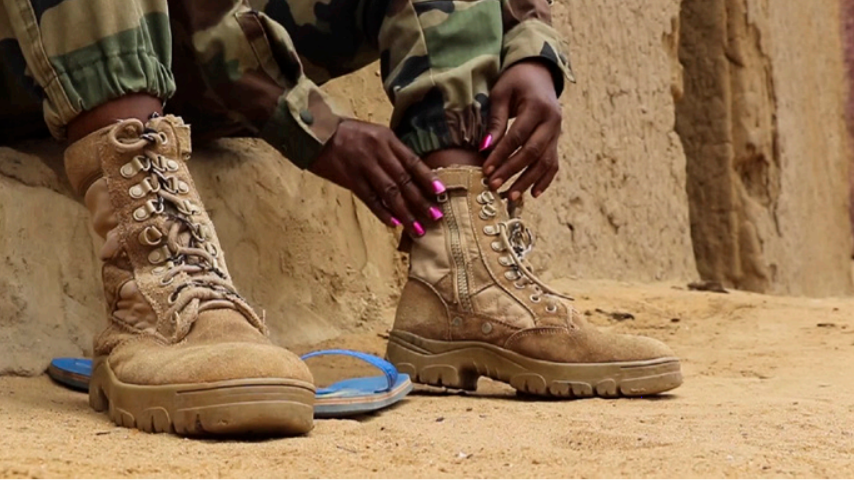"I walk with the boys" Trajectories of young people towards violence: mirror of the gender dynamics of their society? A local analysis of gender roles and social pressures in Cote d’Ivoire and Mali
Resulting from a participatory research conducted by Interpeace and its partners Indigo Côte d'Ivoire and the Institut Malien de Recherche Action pour la Paix (IMRAP), the report entitled Beyond ideology and greed: trajectories of young people towards new forms of violence in Côte d'Ivoire and Mali published in 2016, highlighted how the educational crisis on the one hand, and the search for social recognition and new success models on the other, explain the trajectories of young people towards alternative spaces of socialization, which can lead to (the use of) violence. During the discussions and debates following its dissemination, several questions pointed to the issues of gender. While girls are generally not among the active providers of violence, it is important to highlight their experiences in the path to violence in order to understand their level of involvement and participation. It is also important to understand how these dynamics influence the trajectories of girls, and how education influences them.
On this basis, a complementary research process was conducted jointly in Côte d'Ivoire and Mali to deepen the understanding of the gendered dynamics based on the findings of the previous research.
Among the most important research findings, we found that: A). Society’s expectations of young people, whatever their gender, is focusing more and more on their economic contribution. In fact, the less privileged they are, the more pressure they are under to contribute. B). Though women are beginning to take on a more important economic role, this does not ensure their “emancipation”. However, it brings on a crisis of masculinity for men, who must now redefine and assert themselves in some way. C). Overly strict forms of authority and social control can push certain young people, both boys and girls, towards marginalization, and therefore lead some to carry out violent acts. And D). It is necessary to develop new success models for young boys and girls who have trouble identifying with social models set by traditional and community spheres, by their elders or by school.
These conclusions constitute the launching pad for collective action around the central question of success models set out for young people, both boys and girls, in the region.

